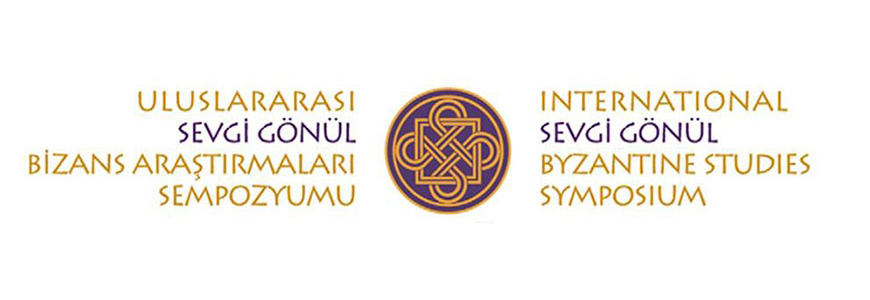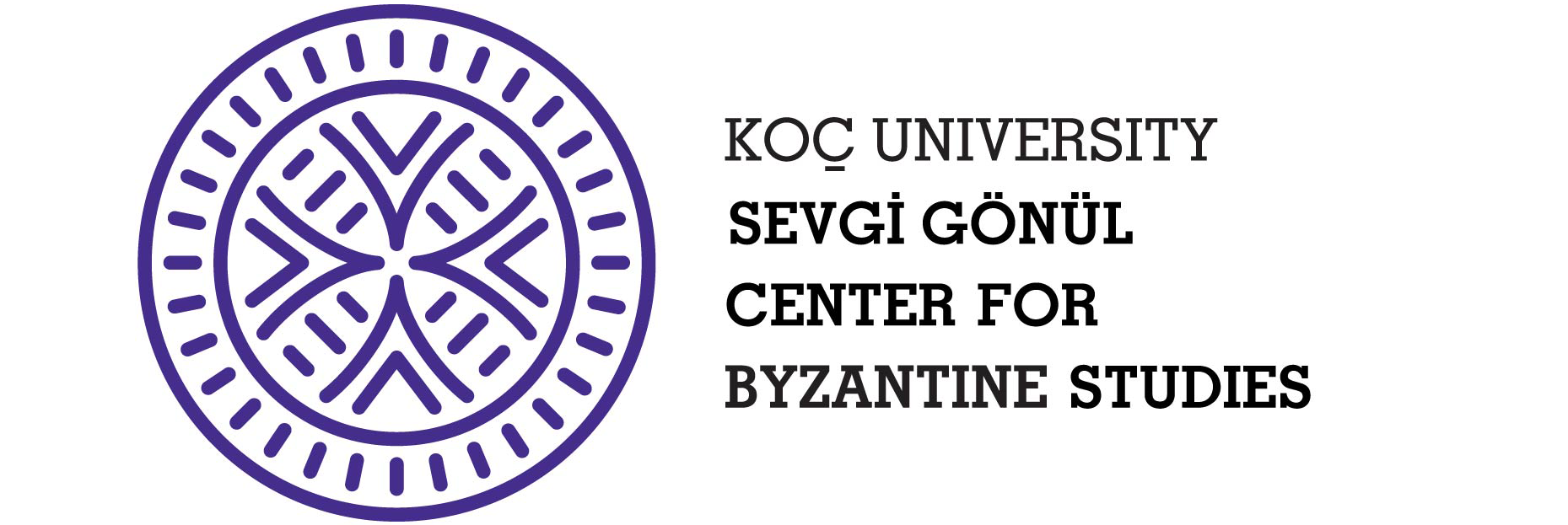IV. International Sevgi Gönül Byzantine Studies Symposium

Byzantine Identity and the Other in Geographical and Ethnic Imagination
Byzantine representation of the cultures outside the Byzantine world had a particular geographical and ethnic aspect that contributed not only to the perception of the non-Byzantine, but also to the construction of the Byzantine self-image.
Byzantine portrayal of these cultures beyond the borders of the Empire was informed by geographic and ethnic elements including climate, flora, language and a certain way of life, which in turn entered into a complex relationship with the history, religious traditions and political state of these cultures as perceived by Byzantines. Examination of the Byzantine encounter with the geographically and ethnically other -from the fairly familiar to the exotic, and from the internal other to the external one- provides clues on how Byzantines related to their own environment spatially and how they differentiated themselves from their neighbors.
It is the aim of the Fourth International Sevgi Gönül Byzantine Studies Symposium to explore in written, artistic and material evidence this complex relationship between geography, ethnicity and other factors contributing to the formation of the image of the other, and to discover how Byzantines talked about themselves while talking about the others.
Invited scholars presented papers exploring and (re)evaluating the following topics:
1. The other in geographical and ethnic imagination
- Beyond Byzantine borders (neighbors/outsiders/foreigners)
- Within the Byzantine Empire (ethnic, religious, linguistic communities and foreign visitors)
- The other as seen by Byzantines abroad
2. Image of the physical universe (oikoumene)
- Geographical imagination and maps
- Limits/extremities of the universe
- Limits of Rhomania
3. Image of the other world
- Heaven and hell, imaginary/exotic lands
4. Encounter with and appropriation of the other/exotic
5. Perception of the pagan, Greco-Roman heritage
- Encounter with the pagan past
- Use of spolia
